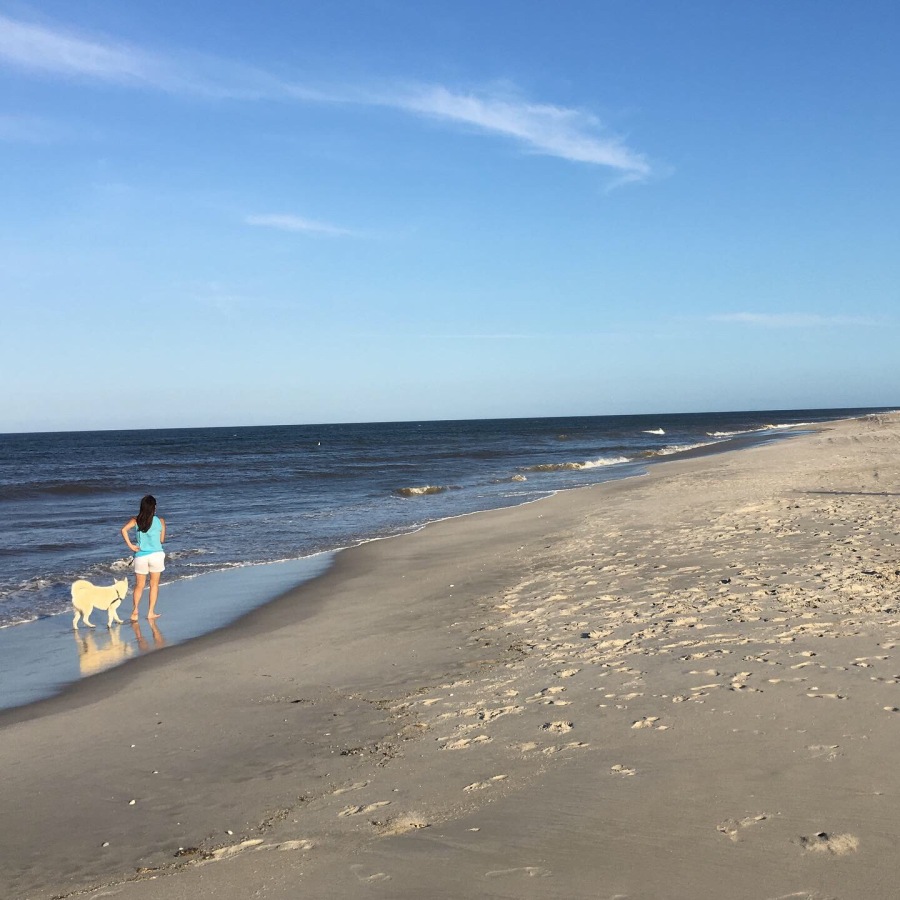The Dilemma of Travel and Dog Ownership
In December of last year we welcomed the newest member of our team, Fitz Roy, into our home and into our adventures. Life with Fitz Roy has been enormously rewarding; no matter how great the challenges we never look back on this decision with regret.
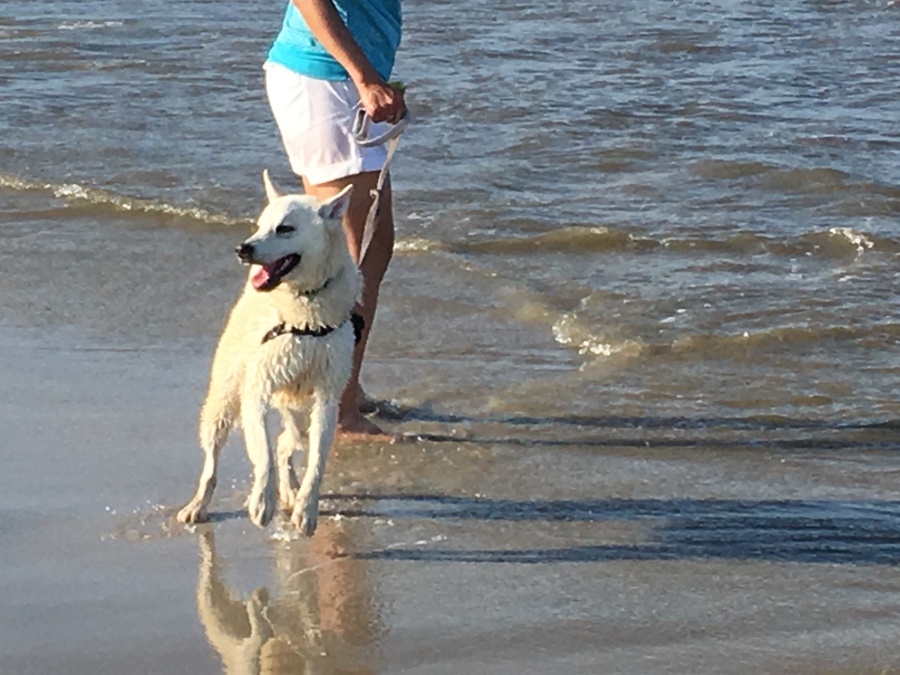
But it has brought to the fore a particular dilemma faced by many people who are both dog owners and enjoy travelling. Namely…how do you accomplish both without one or the other suffering?
When we first considered adopting a pet, we spent no small amount of time trying to find an answer to this question. But we spent most of that effort considering it from a financial perspective. So called doggie day care and boarding in kennels is not cheap.
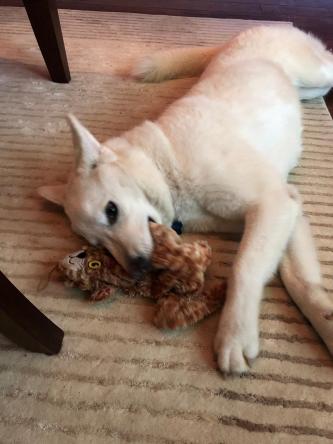
It was only after the adoption that we realized the other, and more significant side of this dilemma. We simply can’t bear leaving Fitz with strangers for an extended period of time. In fact, we’d prefer not to be away from Fitz at all for any length of time.
While we had prepared for the financial costs of owning a pet, we had failed to take account of the emotional ones. Being a pet owner is more that just a decision, it is a commitment.
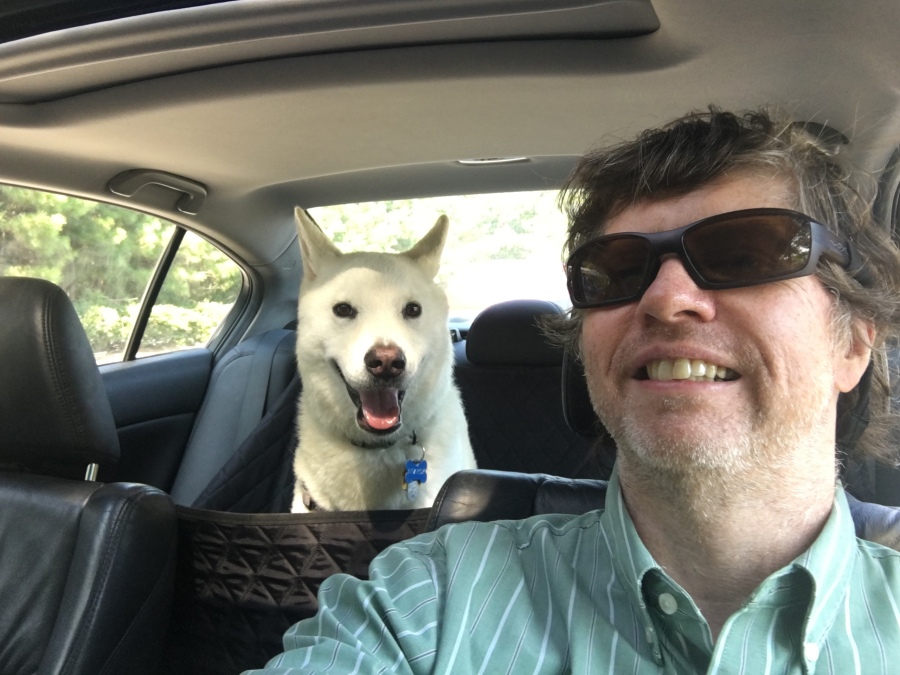
But sometimes this is unavoidable. International travel for example…we have already decided that we won’t be taking Fitz on an airplane if we can avoid doing so. And we could never take a dog to a place like Cabo San Lucas no matter how well socialized it might be.
Even for trips much closer to home, the dilemma is not slight. When we adopted Fitz Roy, we did our research as best we could but it is very difficult to tell what the special challenges of a rescue dog will be until you have had a chance to observe them for a period of days in your home. Of course by then, we loved Fitz too much to let him go.
Fitz special challenges (a combination of distrust of strangers and very high energy level) make him poorly suited for travel. Any potential change in the situation — the sudden appearance of a stranger, a small animal, another dog or even an unfamiliar object that looks threatening — can set him off, and his outbursts can be surprisingly intense. We call the worst ones ‘meltdowns’. Once in the grip of a meltdown, only physically removing him from the situation and allowing him to calm down will help.
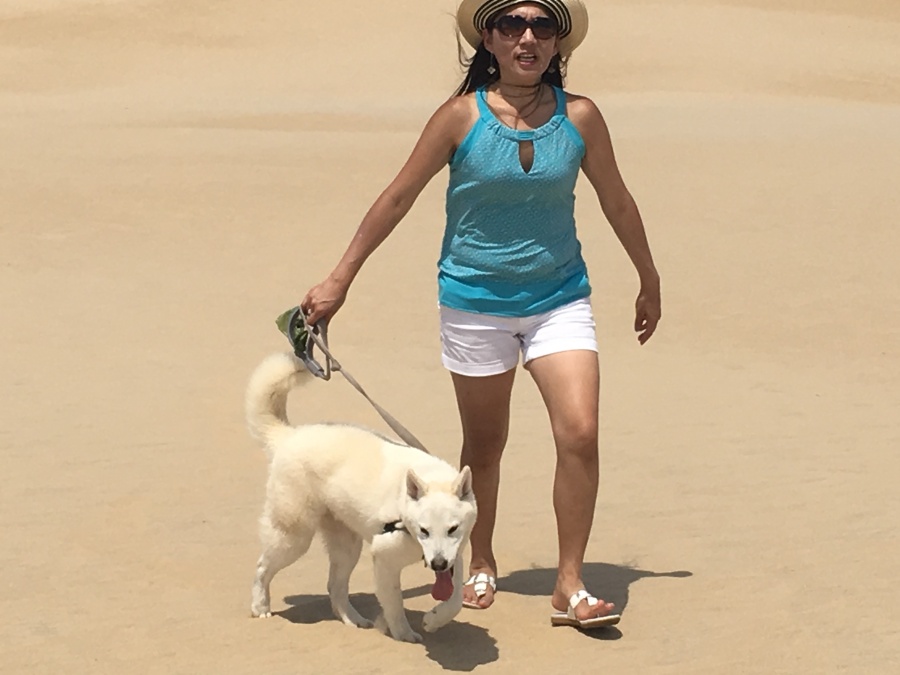
A dog who cannot be easily controlled or predicted while on a leash is not a good blueprint for a hiking dog, as we have found this the hard way. Hiking means walking on steep slopes over often uneven ground. This is not the sort of place where being roped to a nervous dog is helpful.
Also, hiking means unavoidable chance meetings. The nature of hiking, especially in wooded areas, is that people appear without warning, and passing within a few feet of them is often unavoidable. While we have hiked trails and seen no one, we have also hiked trails and seen many people (and often dogs) passing us in either direction. A case in point is our recent hikes in Colorado; especially Emerald Lake, where we saw literally hundreds of fellow hikers.
While we have taken Fitz hiking many times, it can be an exhausting experience. The whole enterprise often becomes an exercise in managing him.
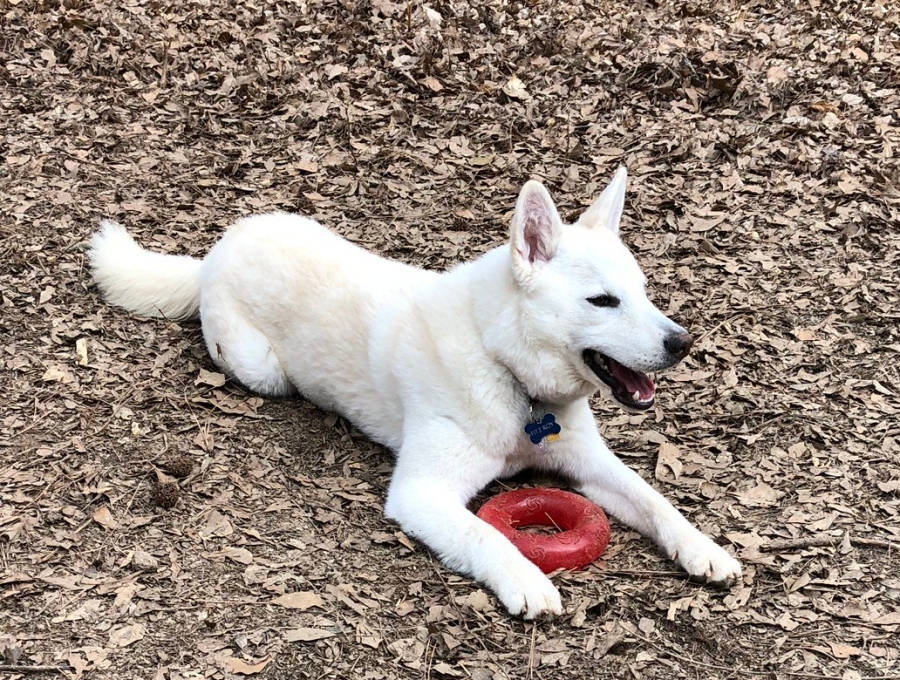
Many of the same qualities that make him difficult to manage as a hiking dog make him a challenge as a travel dog too. A continually changing situation is not an easy thing for him, and until we can work this out, travelling with him is always going to be complicated.
It makes for difficult choices. When we go for a weekend trip to the mountains we would very much like for Fitz to be with us always. But there are a bunch questions that must be answered first. If we do a difficult hike, can he handle it? Can we handle him? What if we see a person? Supposing we camp overnight, where does he stay? How do we prevent him from getting lose, or simply making a ton of noise?
We have not come up with the answer to all these questions yet.
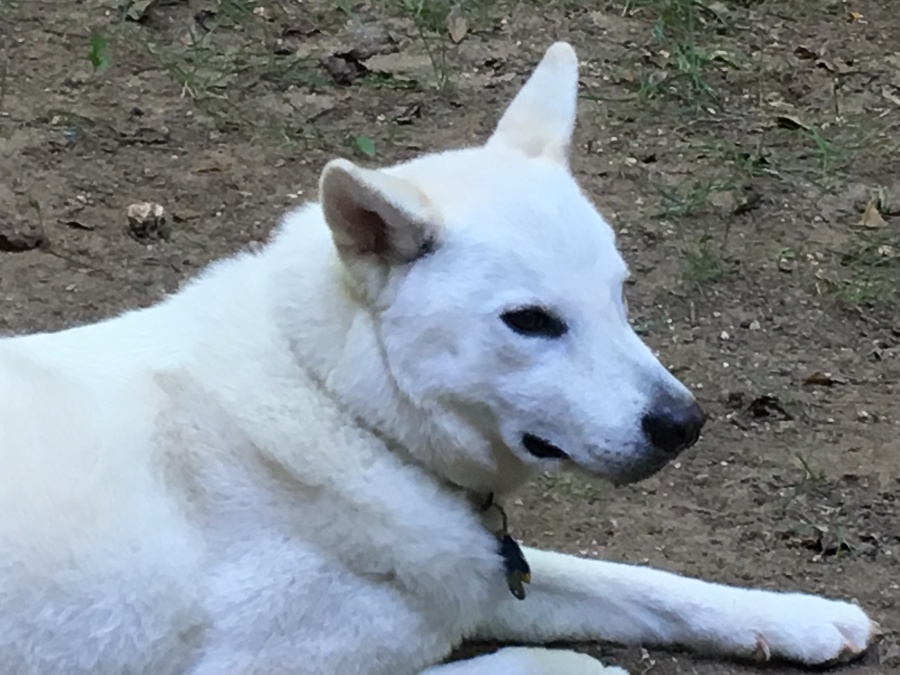
Many dog owners face the same issue. Even if one can afford costly dog boarding, this only solves part of the dilemma. What emotional toll will weeks of being away from home without its owners and familiar pack members exact? How will the pet deal with being in a crate, cage or enclosure for hours at a time? What if the pet gets sick? Will it get enough exercise, will it eat well? Will it be neglected?
Another thing we have found the hard way is that asking for something to be done, and even paying for it to be done, does not mean that it will be done. You must have the right people care for a dog in your absence, and good, trustworthy help isn’t always easy to find. Generally, this kind of help will be pricey.
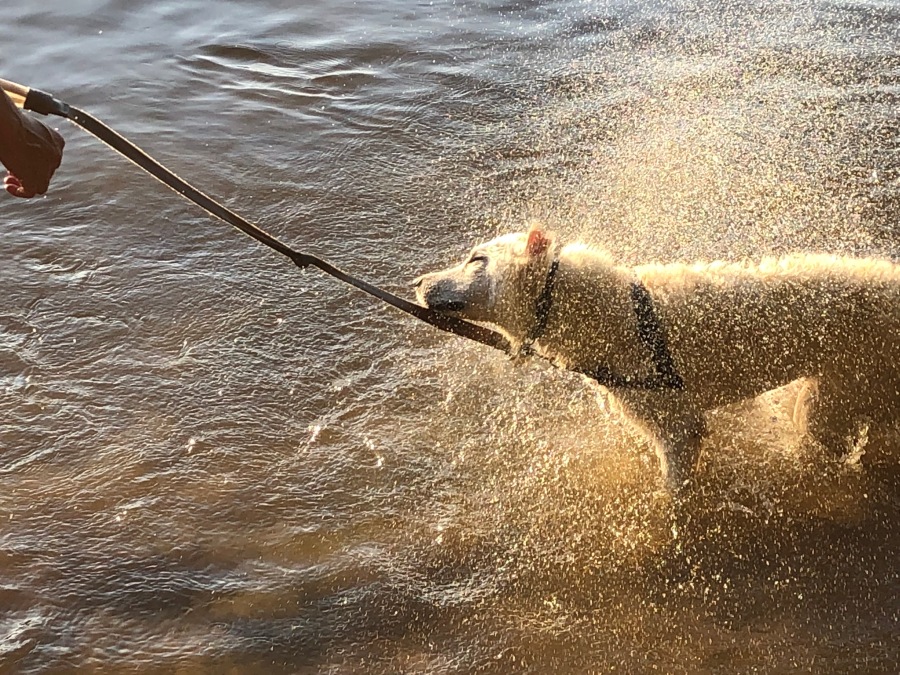
Sylvia and I are lucky enough to have some really good people we can rely on to take care of Fitz. Dealing with a local dog walking service put us in touch with some extremely helpful people who can give Fitz a really outstanding level of care. It is very important with a dog like Fitz that he have people around him who he has accepted into his pack, as he is slow to trust strangers. It’s also very important that he gets regular exercise and sticks to a special diet for his stomach issues.
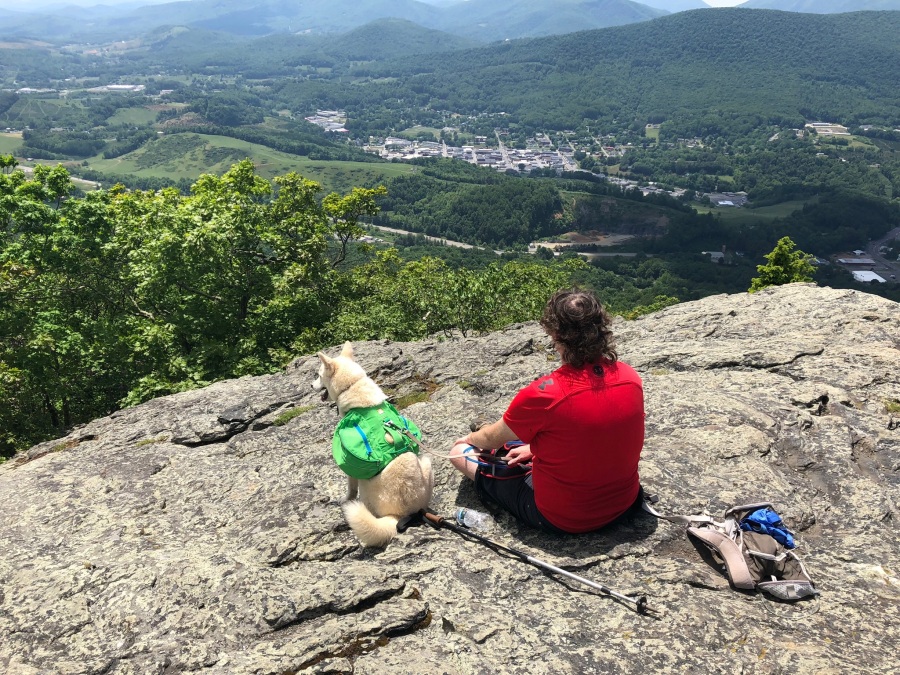
Even so, dealing with his absences are especially hard on dog mommy Sylvia. She expects regular updates from the caretakers and gets anxious when she doesn’t see it. Social media is one way to keep in touch with your dog during an absence, though like other online things it lends itself to abuse.
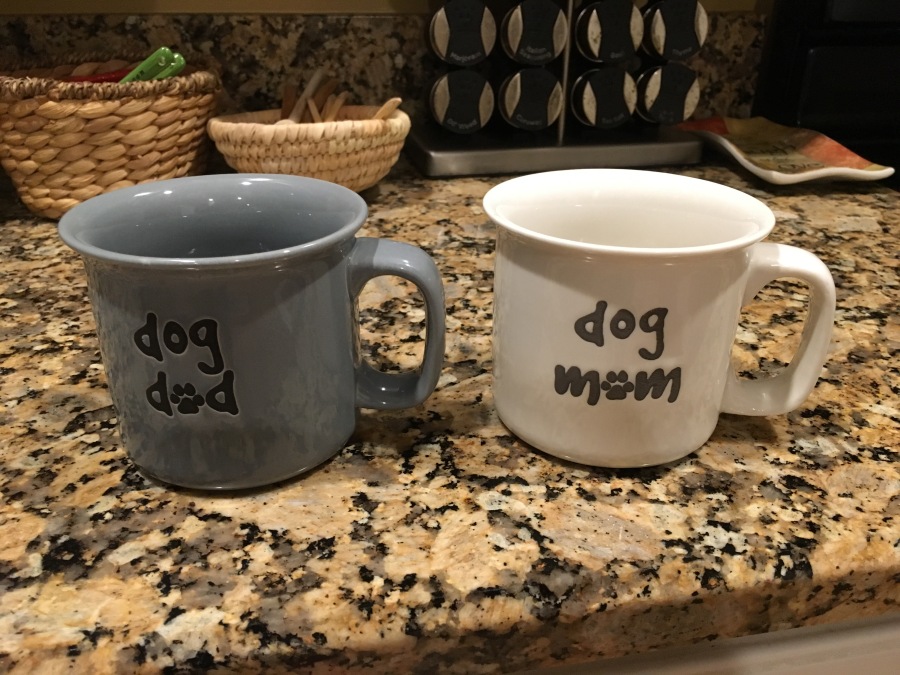
Recently when we were in Colorado Fitz stayed part of the time with nephew Mikey, and the rest of the time at a friends house, where he had plenty of room and care and even another dog to play with. Fitz seemed very happy when we came home. Of course he is always happy to see us.
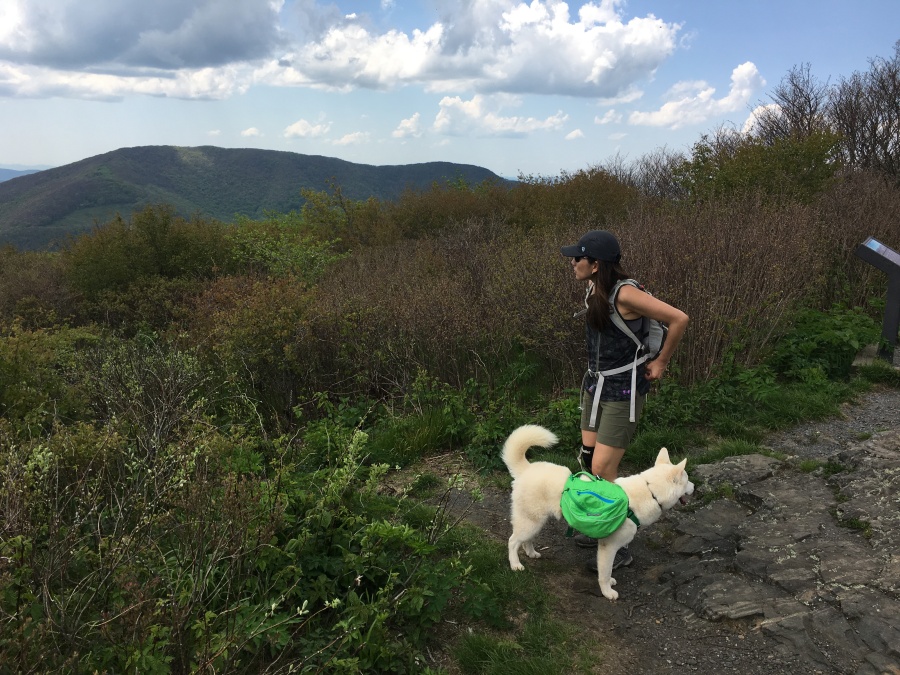
We have decided to limit future adventures to a maximum of two weeks for the time being. For past adventures we have sometimes allotted more times than this – for the Tour du Mont Blanc for example we allotted three weeks. But we are confident that we can still do almost all our planned adventures in two weeks windows.
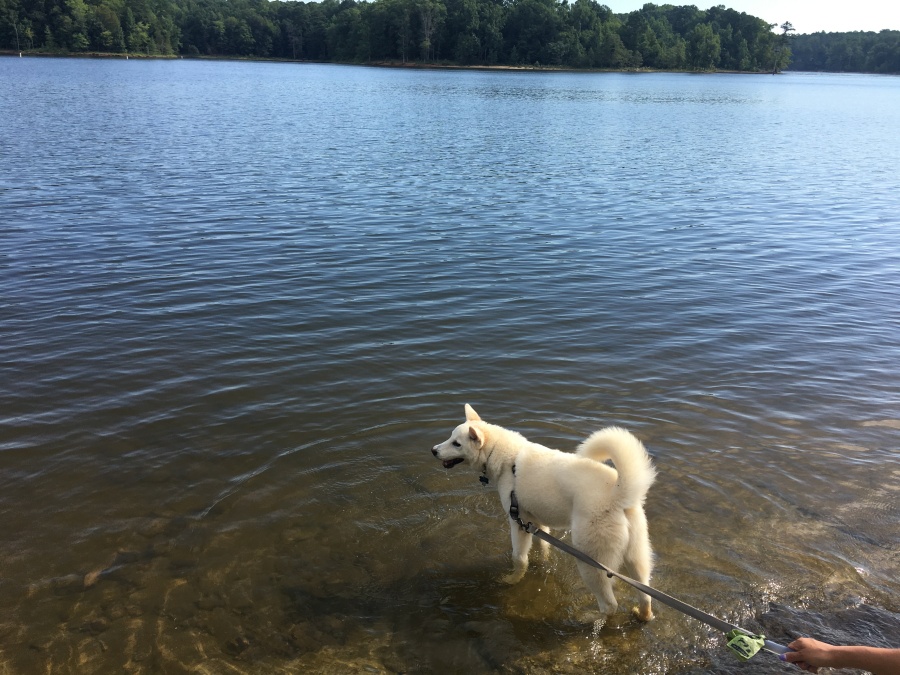
As to the smaller closer to home ones…Sylvia and Brian continue to work with Fitz and are considering some outside the box options. We want our hiking partner by our side for every single expedition where he can possibly be there.
A sincere thank you to all the great people who have helped us out!
We don’t by any means have all the answers yet, but here are some tips for pet owners experiencing their own ‘vacation dilemma’ which we have learned, most of them the hard way:
- Determine what your budget can handle before you make any decision. Paying more money does not guarantee better care but it increases your range of options.
- Lean on – but don’t rely on – friends and relatives. There may be times when they are out of town or otherwise indisposed, so have a backup plan.
- Mutual relationships with other pet owners (they take care of yours and you care for theirs) may be beneficial. Just be sure you know what you are signing up for.
- Don’t assume that just because you pay a lot for care, the care will be to your satisfaction. Research carefully before making any decision.
- Know your pet’s limits. Try smaller scope absences first to see how the pet reacts.
- Leave as many familiar things as possible with his foster caregivers. Toys, blankets, a dog bed, the pet’s own leash, even something as mundane as a brush.
- Leave also an old t-shirt with ‘owner scent’ on it. Our friend recommended sleeping in it the night before we dropped Fitz off.
- Addressing owner anxiety is important to. Use social media to connect with your pet (via the caretakers, unless you have a pet with hands.) This will provide some re-assurance the pet is doing well and reduce anxiety on the part of nervous pet owners. Have them email or text you updates, photos, what the dog did on the walk today, etc.
- Never ask too much of your pet. Never plunge the pet headlong into an unfamiliar situation without having tested it out first to guage the pet’s reaction.
- Some breeds of dogs deal better with absence than others. If you intend to travel, a highly social ‘companion dog’ is probably not for you.
- A well behaved, obedient dog almost always deals with random situations better than an untrained one. Invest in obedience training.
- Leave a release note with someone authorizing that person to seek medical care for the pet. Remember by definition of law the pet is your property.
- Make sure whoever is caring for your pet is doing it the way YOU think is right and not the way they think is right.
- Trust but verify: Do not be reluctant to stop using the services of any person or organization who you feel for any reason is not completely committed to the well being of your pet. This includes friends and members of your own family.
- Don’t leave your pet at the house of another pet owner unless you have seen how your pet reacts to theirs.
- This statement will doubtless be unpopular with many people but well make it anyway. We would not leave our pet in the home of a person who owned a pit bull or other ‘fighting breed’. You can best decide yourself if this is a risk you are willing to take. And if you don’t believe this to be a risk, look at the statistics for mauling incidents by dogs and see what dominates the top spot.
- Pet cams and other monitoring devices can provide a level of assurance but invite the temptation to check them every five minutes.
- Tag, collar and register your dog in case it is lost. Remember even a pet with a chip might still remain anonymous if the information is not in a database somewhere.
- Once you have established a good rapport with a caretaker, and trust them with your pet, our advice is to relax, enjoy your well-earned vacation and not fret and worry about the pet. It’s in good hands.
If you have found something that works for you and your pet, send it to us and we’ll add it to the list! Safe travelling!
